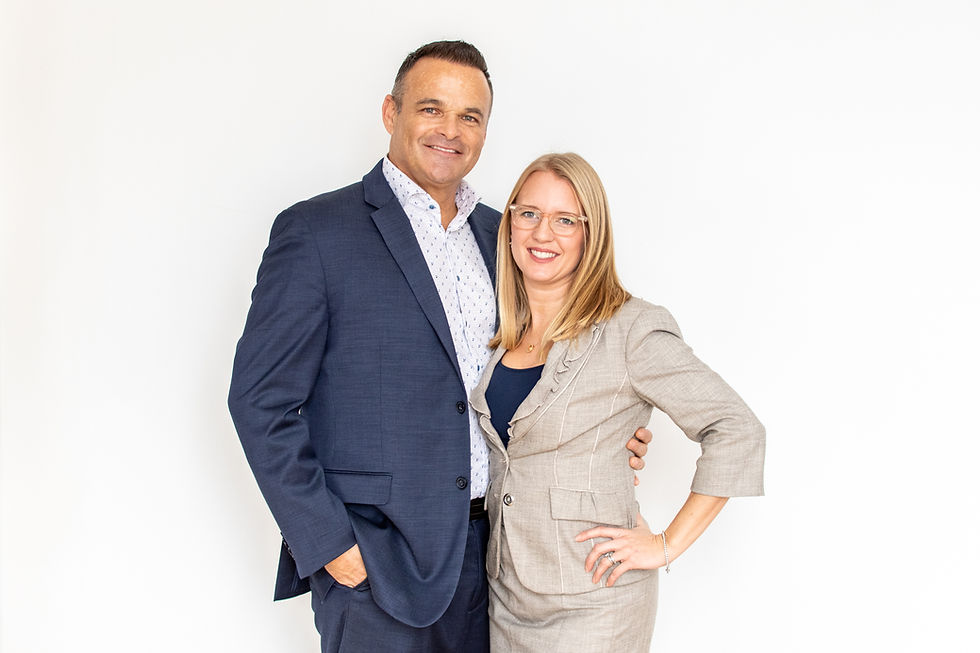Enhancing Your Listening Skills to Boost Sales
- Dan Plowman

- Jun 11, 2020
- 2 min read
Updated: Jul 17, 2020
While “hearing” and “listening” are often used interchangeably, they have completely different meanings. Hearing is simply the act of tuning into a sound, while listening means to process and interpret a sound, which requires some effort. Listening and retaining information is a skill that doesn't come naturally to everyone and may require some practice.
In order to listen effectively, you must first concentrate on what you are hearing and then allow your brain to process the incoming information and assign meaning to it. During active listening, our minds focus on the information as it is being received. Your
mind should be clear and mostly free of your own thoughts as you listen actively to what someone else is saying to you.
During communication, active listening helps build rapport and trust between a speaker and a listener. Building strong rapport and trust is important in any business but especially in real estate. Building rapport with a client increases the likelihood of making a sale.
Here are three tips to enhance your listening skills and increase sales:
Pretend that after a conversation with someone is over you'll have to summarize what they just told you. Summarization is one of the most effective ways to encourage active listening. This does not mean you should repeat back to them everything they just said. Try to remember and recall the most important points of the conversation. The purpose of this exercise is to encourage active listening, not memorization.
Link your portion of the conversation to the other person’s key points. When you are listening attentively, you should remember what the person said and how they said it. You might even notice their body language or hand gestures in order to get a better idea of how they feel towards the topic of the conversation. As you speak or make an offer, keep their key points, body language, and tone of voice in mind when contributing to the conversation. As mentioned above, this will increase rapport and make the listener feel understood. When the listener feels “heard” and understood, the likelihood of them being receptive to your offer increases. This also forces you to gather information that can be used later to provide feedback and enhance the conversation.
Provide feedback. Actively listening and making an effort to reflect on what is being said will help you learn about and understand the person you are speaking with. Providing feedback encourages further conversation, makes the other individual feel important, and forces you to gain a better understanding of the individual, their needs, and their objections. Through actively listening, you will obtain all of the information you need in order to confidently close a sale.
“I should not be more excited about your business than you are.” - Dan Plowman





Comments